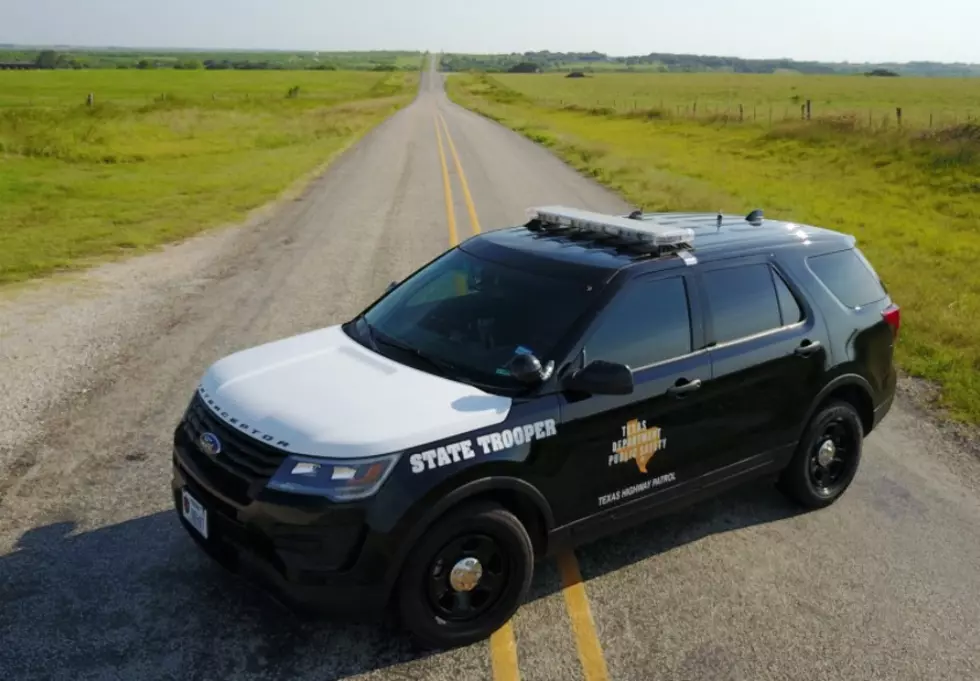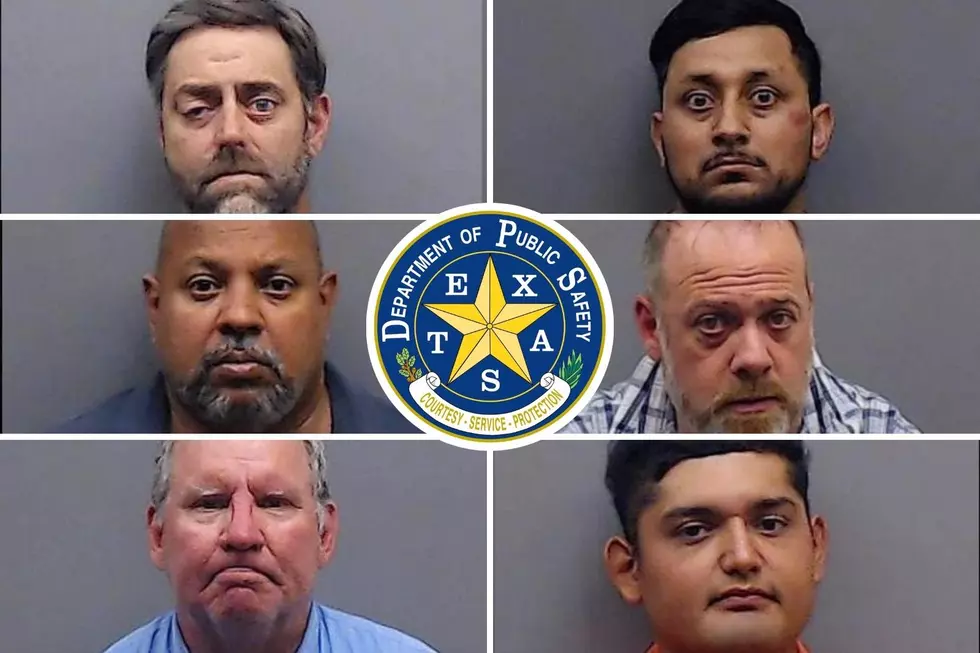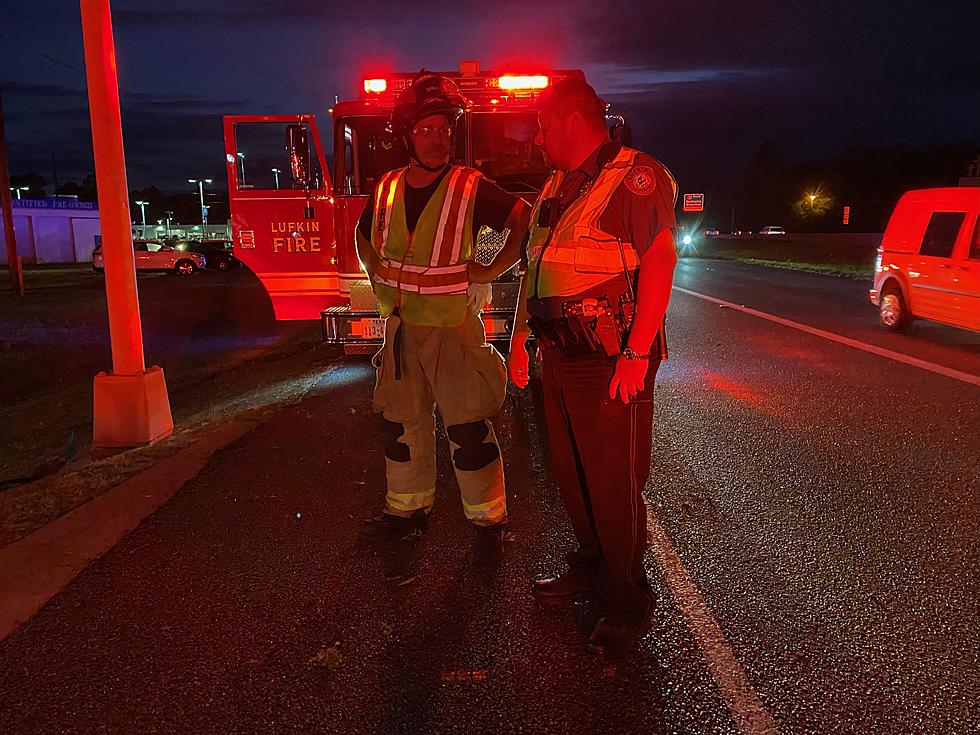
DPS Will Be Focusing on Move Over/Slow Down Offenses on Wednesday
As you travel around East and Southeast Texas on Wednesday (7/21), here's a heads up from the Texas Department of Public Safety (DPS). They're continuing its enforcement efforts across Texas focusing specifically on violations of the state’s Move Over/Slow Down law. These periodic enforcement operations by DPS Troopers are planned throughout the year at various locations in Texas, with several operations planned in July. One of those operations will take place in the Southeast Texas Region throughout the day on Wednesday, July 21.
The law, originally passed in 2003, requires motorists to move over or slow down when certain vehicles – including police, fire, EMS, Texas Department of Transportation (TxDOT) vehicles and tow trucks – are stopped on the side of the road with emergency lights activated. As a result of the 86th Legislative Session, highway maintenance or construction vehicles under contract with TxDOT, utility service vehicles, and stationary solid waste or recycling vehicles were added to the list of vehicles that require motorists to move over or slow down.
Specifically, Texas law states that a driver must either:
- Vacate the lane closest to the applicable vehicles stopped on the side of the road (if the road has multiple lanes traveling in the same direction) or
- Slow down to 20 mph below the speed limit. (If the speed limit is below 25 mph, the driver must slow down to 5 mph)
Drivers should only move over if they can do so safely and legally; otherwise, they should slow down.
Violations of the law can result in a fine of up to $200; the fine increases to $500 if there is property damage. If violators cause bodily injury, they can be charged with a Class B misdemeanor, resulting in possible jail time and a maximum fine of $2,000.
Data collected from January 2021 shows that DPS Troopers issued more than 7,500 warnings and citations to motorists violating the Move Over/Slow Down law.
LOOK: What major laws were passed the year you were born?
More From Newstalk 860









